
Why should we care about our gut health?
As Hippocrates’ said, “all disease begins in the gut”. Despite this, ten years ago most people would never have thought that the gut had so much influence over our day to day wellbeing. Given the explosion in research surrounding this fascinating system, it’s no wonder that interest in getting a healthy gut has grown. A complex subject, you may find yourself wondering how can you improve your gut health.
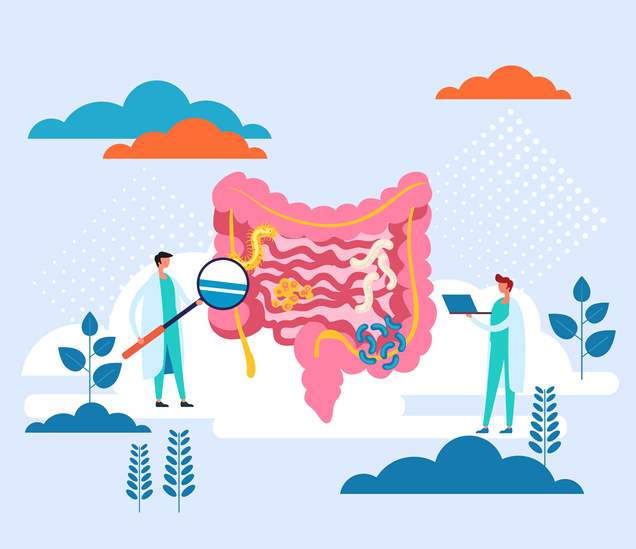
www.iStock.com/PrettyVectors
Our gut influences our immune system and mental health, as well as our ability to get rid of waste products. The gut is one of only a few points in the body where immune response is generated. When it is constantly irritated through poor diet, a condition called leaky gut can occur. This allows tiny food molecules through into the bloodstream, putting our immune system on high alert.
We’ve all had a gut feeling, and noticed butterflies in our stomach when we are nervous. This connection between our brain and our gut starts before birth, when the two systems grow from the same tissue. The vagus nerve is the largest in the body, providing a direct link between the brain and the gut. These two facts go some way in explaining why we reach for the instant satisfaction of carbs when we are feeling stressed. The gut also has a huge amount of serotonin receptors, and studies have linked gut health problems to depression.
With so much information and a huge variety of gut health products available, it can often seem a daunting subject to address. Here is my lowdown of the most important, and simple, things you can do to support your gut.
Why does fibre matter?
When we think of gut health, our minds usually go straight to probiotics. But fibre is essential to keep your gut bacteria thriving. When our diet is low in fibre, our gut tends to be sluggish. This allows toxins to be reabsorbed and ‘bad’ bacteria to flourish. Before we spend money on introducing beneficial bacteria, we first have to build an environment in which they can thrive. Thankfully this is pretty easy to do. Start by increasing your intake of fruit and vegetables. You should be aiming to consume at least 8 portions of veg a day and 2 portions of fruit. This may sound like a lot, but concentrate on increasing your intake slowly, with this as the ultimate goal. Enjoy exploring new varieties of veg, and new ways to prepare them, you can find some suggestions here.
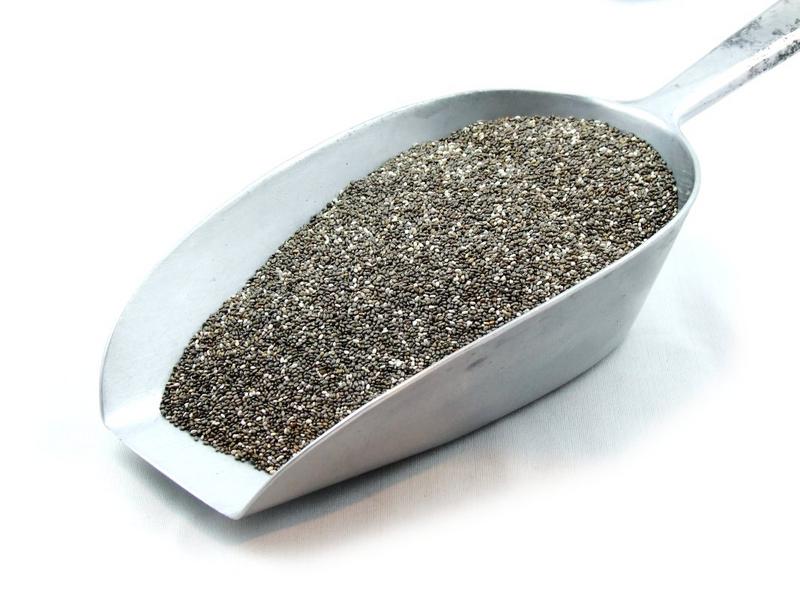
Another great way to get fibre into your diet is by using flax and chia seeds. These seeds have a slippery coating which, once soaked in water, can be very soothing to the digestive tract. Psyllium husk operates in a similar way, and oats are another fantastic source of soluble fibre. I find the best way to include these in my diet is in overnight oats, porridge, and smoothies. I also enjoy them sprinkled over salads and soups. Just be sure to grind your flax seed before use (or just buy it milled), and drink plenty of water and herbal teas to keep things moving!
What are prebiotics?
You’ve heard of probiotics, but what about prebiotics? Prebiotics are usually forms of fibre we cannot digest which provide food for our gut bacteria. They are a great way to have a positive influence on our gut health. Inulin or FOS (Fructooligosaccharides) are types of prebiotics you may have come across. They are relatively simple to get into your diet: garlic, onion, leeks, Jerusalem artichoke, asparagus, chicory, and bananas are all great sources.
Probiotics, the source of good gut health.
Now onto the fun stuff: probiotics. These little bugs can help to increase and diversify the population of good bacteria in your gut and improve the mucus membrane. Additionally, they have been shown to boost mood, and help to protect our immune system. There are many ways to increase your levels of beneficial bacteria, from supplements, to (my preference of) good old fashioned fermented foods. Let’s have a look at some of my favourites.
Supplements
When choosing a probiotic supplement, it is important to look for a quality brand, but price does not need to be a limiting factor. The market for beneficial bacteria has opened up a lot over the last few years, offering us more affordable options.
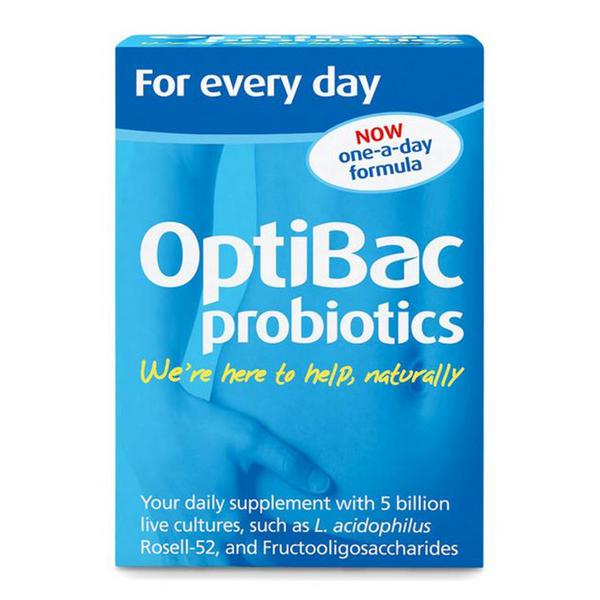
Optibac offers a range of affordable and targeted probiotics, allowing you to easily explore what works for you. If you are looking for a general boost, try their Probiotics for Everyday use. They also offer a short term course of probiotics to be taken alongside antibiotics.
BioCare offers a more advanced and specific range of beneficial bacteria. A great choice if you are working with a health professional to target a particular area of gut health.
Fermented foods
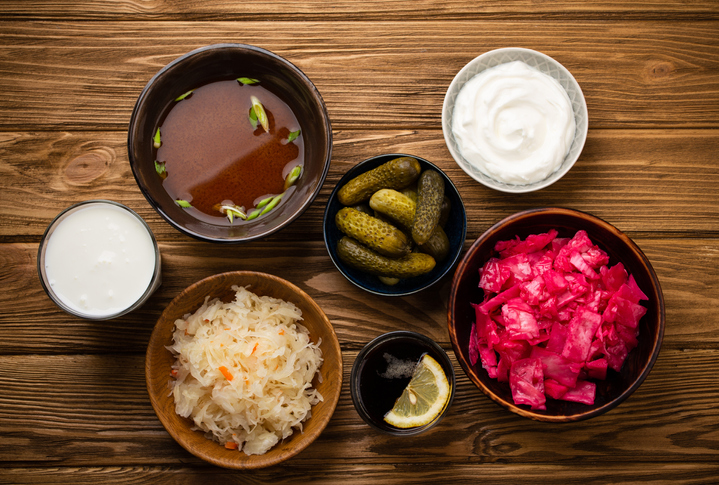
www.iStock.com/thesomegirl
I love fermenting my own foods, and generally have a variety of odd looking (and sometimes smelling) pots and jars on the go. With the right tools, starters, and methods, it can be easy to ferment your own. Luckily there are plenty of ready made options if you are just beginning your adventure into live food.
Kombucha
Kombucha is a tasty drink made from fermented tea. I find it is a great non-alcoholic option as it comes in a variety of flavours, and is lightly sparkling. It also has the added bonus of being a great source of probiotics!
Krauts
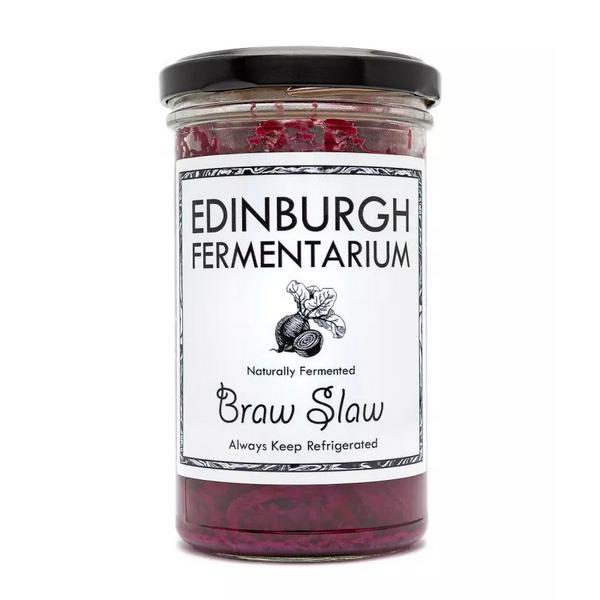
Krauts are vegetables which have been gently fermented over time, leaving them crisp and punchy. I am a big fan of the classic sauerkraut, but if cabbage isn’t your thing, look out for companies like The Edinburgh Fermentarium. They offer a wide range of pickled goodies to complement every meal.
Kefir
Kefir is another lovely fermented food, if you take dairy. A sort of liquid yoghurt, many lactose intolerant people find it can improve their symptoms. This is because kefir can increase lactase (the enzyme needed to digest lactose) levels. There is also water kefir, which is like a fizzy drink with far more health benefits.
Yoghurt
Live yoghurt is a classic probiotic. It now comes in a variety of incarnations, from dairy based to coconut, so there’s something out there for everyone!
True probiotics foods must be kept chilled as they are alive and continue to ferment. Because of this you will have to pop into the store and pick them up, as we are unfortunately unable to ship them. For more information on fermented foods, check out our guide here. If you’d like to try your hand at fermenting, we have compiled some easy to follow recipes and advice here.
What about gluten?
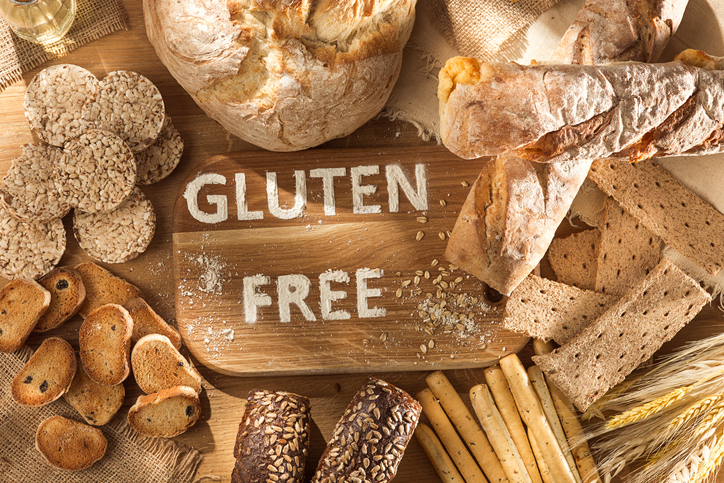
www.iStock.com/master1305
There is a lot of talk surrounding gluten and whether or not we should be consuming it. If you are gluten intolerant, consuming anything containing gluten causes an inflammatory reaction, which begins in your gut. Similar to other intolerances, this can lead to some very unpleasant gut related side effects. Most of us are not gluten intolerant, and can enjoy foods containing gluten without adverse reaction. This doesn’t mean that every meal should be based around gluten though. Try to cut out or reduce overly processed white carbohydrates, which are generally high in gluten and low in nutritional value. Look for slow foods like sourdough, naturally lower in gluten and easier for us to digest. These are preferable to gluten free alternatives, which is often full of sugars and chemicals instead of gluten.
Inflammation and gut health.
Speaking of inflammation, how does this relate to gut health? When your gut is inflamed due to lack of fibre, dysbiosis (an imbalance of gut bacteria), autoimmune disease, or an intolerance reaction, we can experience constipation, diarrhea, discomfort, reduced nutrient absorption, fatigue, and even irregular periods. This inflammation also appears elsewhere in the body.
Anti-inflammatory foods such as nuts and seeds, berries, cruciferous vegetables, cold pressed oils, ginger, and especially turmeric can all be easily introduced into your diet. There is even turmeric tea! If you eat fish, sustainably sourced, wild caught, oily fish can be a lovely source of omega 3s, which has been shown to reduce inflammation.
How can fasting improve gut health?

www.iStock.com/Prostock-Studio
Giving your digestive system a break is an important part of having a healthy gut. Nowadays, we tend to keep snacking and eating from the moment we wake up until just before we go to bed. This does not give the gut any opportunity to rest. Try to eat your last bite of food two hours before you intend to go to sleep. This should also improve the quality of sleep you get, as your body is better able to shut down overnight. If you can, try to reduce your eating window incrementally, aiming to consume all your food within about 8-10 hours.
Take your time
If you are looking to improve your gut health, don’t expect it to happen overnight. The gut is surprisingly sensitive, so go slowly when making changes to avoid any unpleasant side effects. An ever changing environment, increasing and maintaining your beneficial bacteria levels is a lifelong pursuit, as they have to continually compete for space. Support them by creating the right environment using the tips we’ve discussed throughout this article, and remember to enjoy the journey.







